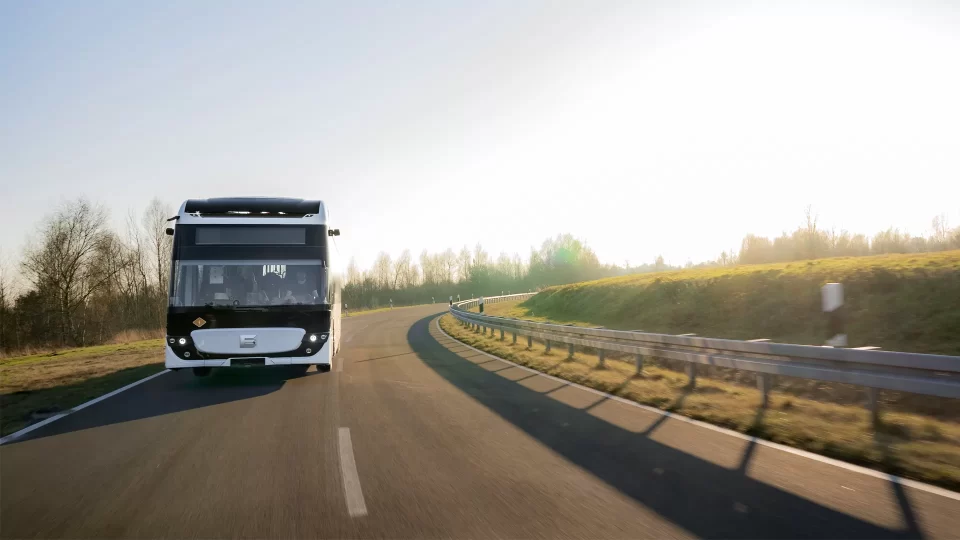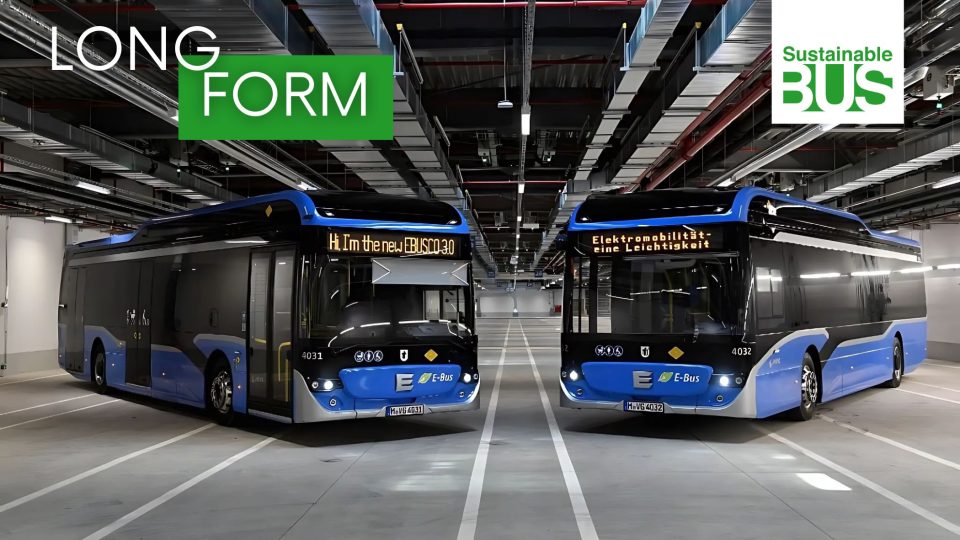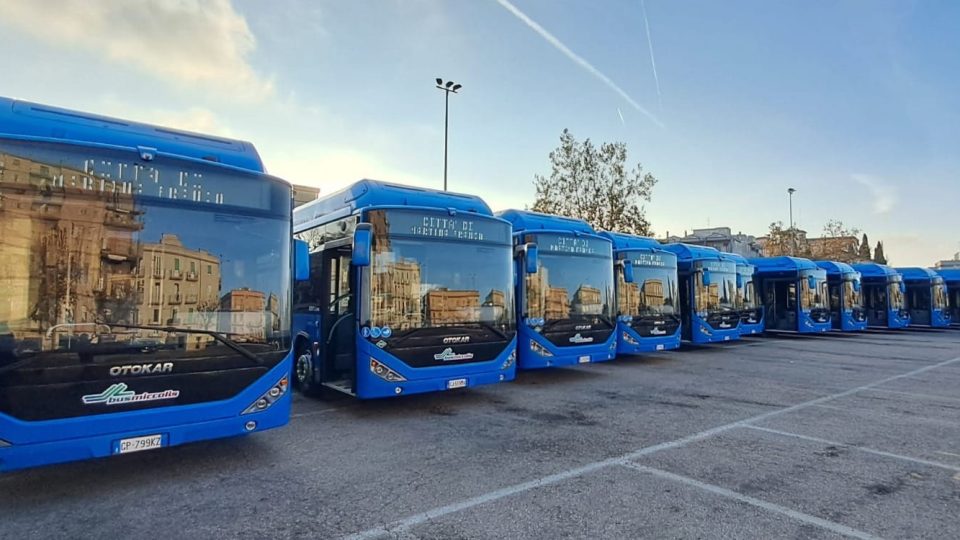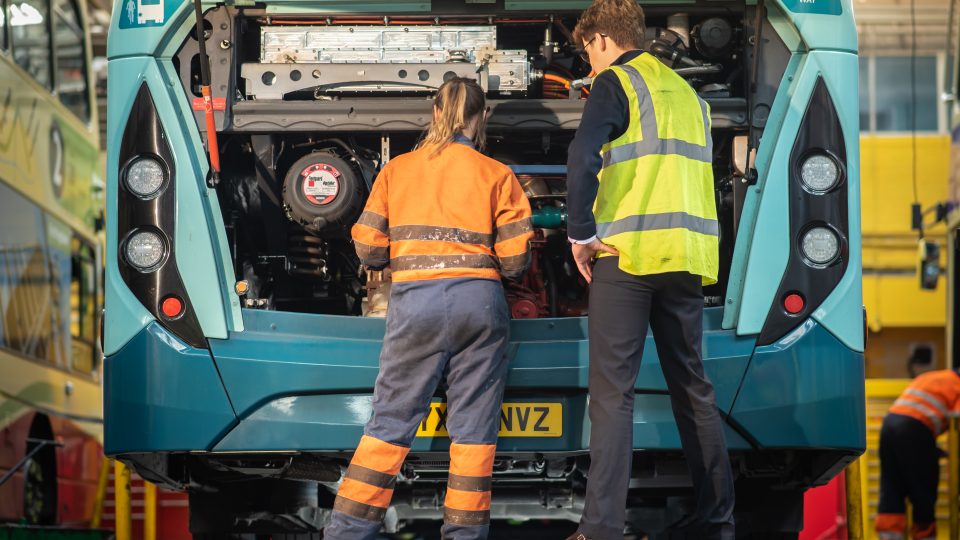Gillig scores a 44 e-bus contract in Utah (and up to 139)
The Utah Transit Authority (UTA) and Park City Transit have awarded GILLIG a $44.2 million contract for 44 battery electric buses, with an option of 95 additional buses over five years. The contract includes 16 plug-in charging systems and four high-power on-route chargers. E-buses headed to Ogden Bus Rapid Transit line UTA has designated 11 […]
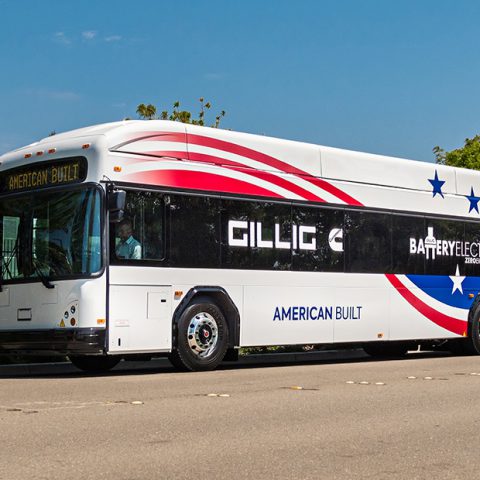
The Utah Transit Authority (UTA) and Park City Transit have awarded GILLIG a $44.2 million contract for 44 battery electric buses, with an option of 95 additional buses over five years. The contract includes 16 plug-in charging systems and four high-power on-route chargers.
E-buses headed to Ogden Bus Rapid Transit line
UTA has designated 11 of the initial buses to operate on the 5.3-mile Ogden Bus Rapid Transit line which will run from Ogden FrontRunner Station, through downtown Ogden, through the Weber State University campus to McKay-Dee Hospital. Of the 44 electric buses in the initial contract, thirteen will be delivered to Park City, Utah.
GILLIG’s deep experience with electrification dates to 2001 with development of an electric trolley bus. For the next two decades, GILLIG perfected electrification technologies in its hybrid and battery electric product offerings. The buses are 100 percent built by American workers in Livermore.
GILLIG electric buses are built on the company’s proven low floor platform. The buses feature Cummins powertrains and have 38 seats.
Ogden Bus Rapid Transit line in Utah
“We’re honored that UTA and Park City have chosen us to help bring zero-emission transit to Utah,” said GILLIG Vice President of Sales Bill Fay. “We have a long history of supporting these agencies with our buses, dating back to the mid-1980s. These new battery-electric buses will provide safe, reliable and environmentally friendly transit for several communities in the state. We take great pride in providing our customers with buses they can depend on and that will help them achieve their sustainability goals.
“UTA has a long-term commitment to reduce emissions along the Wasatch Front, and the GILLIG battery electric buses will greatly support that effort,” said UTA Executive Director Carolyn M. Gonot. “These buses will be used on heavily traveled corridors, each eliminating dozens of gallons of diesel fuel being used daily. By continuing to add alternative fuel vehicles to our fleet, UTA is increasing its contribution to air quality and sustaining our high quality of life.




